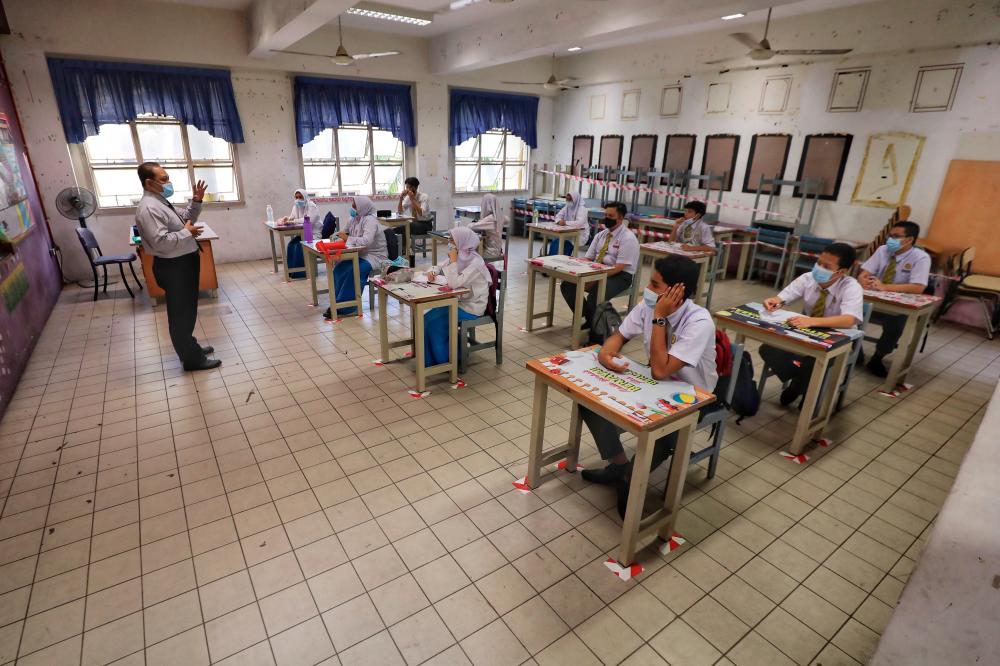A new World Bank report, “Bending Bamboo Shoots: Strengthening Foundation Skills,“ paints a concerning picture of Malaysia’s education system.
Despite significant spending (3.2% of GDP), student learning outcomes lag behind expectations.
Only 58% of students in Malaysia are proficient in reading by the end of Standard 5, significantly worse than regional peers (34% struggle in similar economies).
Also Read: Malaysia-China to strengthen cooperation in higher education sector
In comparison to Vietnam, a nation with lower resources, demonstrates stronger results.
The report highlights a troubling inefficiency – Malaysian students spend an average of 12.5 years in school but learn the equivalent of only 8.9 years.
In contrast, Vietnamese students achieve 10.7 years of learning in a similar timeframe.
The report identifies several root causes: limited access to quality early childhood education, teacher preparedness, and a lack of robust performance tracking systems.
While preschool enrollment has increased, challenges remain – limited availability, low awareness, and affordability issues for some families.
Also Read: Strengthening our education system
The World Bank proposes solutions to address these concerns, including expanding access and quality of preschool education, implementing standardized learning assessments, and providing ongoing professional development for teachers based on international best practices.
This report serves as a wake-up call for Malaysia to address systemic issues and ensure that education spending translates into tangible improvements for all students.
Read More: ‘AI education in schools needs cautious approach’









